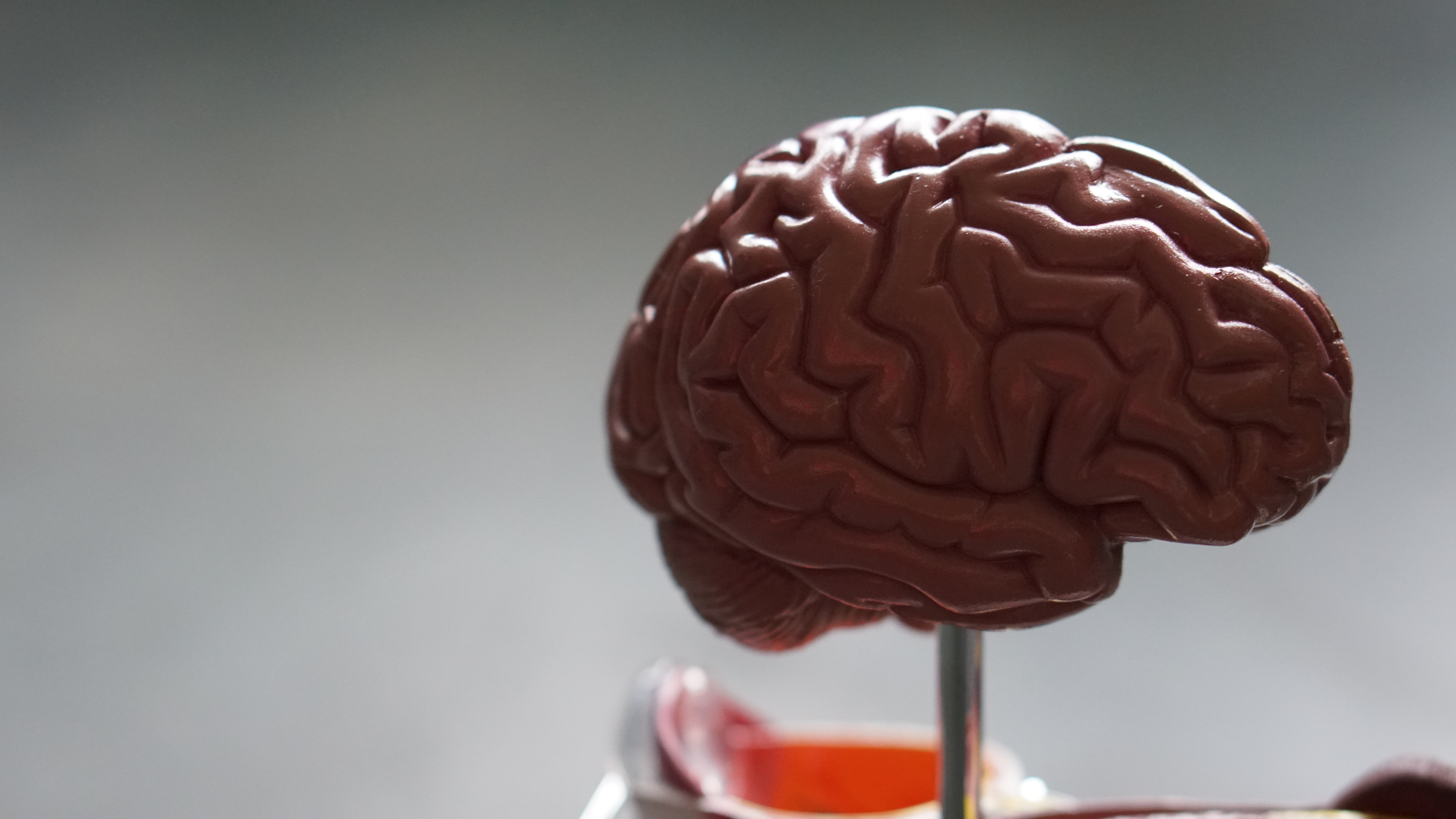
Often, people think of Alzheimer’s disease as just a problem of ‘forgetting’. A memory problem, but it is more than that.
Alzheimers is a thinking disorder which upsets the patterns of memory concept, storage and retrieval. It may steal the ‘muscle memory,’ so that a routine action taken for granted is now forgotten.
Learning about the disease is as unique as the people who have it and as varied as their caregivers.
Everyone’s trajectory for the disease is different. Some gather inabilities fast and others slow. There is a tendency which fluctuates, but never a straight line progression from Symptom A to Symptom B to Symptom C and so on. That said, the challenges which come with the disease are significant.
When Mom was in her middle 80s, I started seeing things which made me wonder if Alzheimers was coming gradually like summer turning to fall. At first, the curious signs were enough to make us laugh at growing older, but not enough to trigger worry.
First Signs
My first indications that something was wrong came several years ago, while I was walking across America. On Mother’s Day that year I was somewhere in Arizona. I found a payphone and called my Mother.
“Happy Mother’s Day,” I said when she answered.
No response.
“Happy Mother’s Day,” I repeated.
Still no response.
“Happy Mother’s Day,” I said again. Then a long pause,
“Who is this?” was her sole response, sounding completely puzzled.
I am an only child. The question, “Who is this?” bothered me.
The early tremors of the earthquakes to come began. Eventually the tremors became everyday occurrences in the lives of those with Alzheimer’s disease.
Choosing a Worldview
Even in routine daily conversations with friends, we see the world view reflected, especially so when we encounter difficulties. We turn the volume up about the world being unfair and our circumstances color and cloud what is really going on. We ‘awfulize’ the good in life as we focus on the terrible and the way bad news follows us.
The other worldview, thriving in the midst of our daily lives was popularized by Norman Vincent Peale in the mid-1900s with his content of “The Power of Positive Thinking”. Robert Schuller followed up, and built on Peale’s teaching, with “Possibility Thinking.”
Closer to life now is ‘Positive Psychology’ as written by Shawn Achor. Some think this world view is merely optimism. It is fuller, richer, than that. It is an approach to life that reinforces every value that most people are taught as children.
If we see our lives as purposeful, we can share personal growth events even while appearing to be stuck in negative events which look at situations through the lens of failure and scarcity. This is accomplished not by changing the events which happen in our life, but changing the way we choose to react. This is the foundation which makes it possible to be optimistic and thrive even as we work through Alzheimers.
How can we be Happy?
“Happiness is a choice” may sound cliched, but it is true. Alcoholics Anonymous, the group for people who want to have a life changing experience, has a prayer called “The Serenity Prayer”. The prayer includes the line to “change the things I can, the courage to accept the things I cannot change, and the wisdom to know the difference.” There’s the key to thriving in the midst of catastrophic events: the ability and courage to accept.
Briefly Dementia
Neurocognitive disorders include a variety of disorders which may result in a person’s declining memory and thinking skills. While most people see a decline in later years, when the decline is marked enough to reduce their ability to participate in daily acts of living, it is commonly called dementia. Dementia is cause by damage to the brain’s nerve cells.
Actually a Group of Disorders
According to the British Medical Journal, Alzheimer’s disease, while the most common, is not the only form of dementia. It accounts for 60 – 80% of cases. Vascular dementia, which is caused by a stroke, is the second most common.
Rare causes only make up around 5% of cases. Huntington’s disease, Parkinson’s disease, Creutzfeldt-Jakob disease, Multiple Sclerosis, and HIV-related cognitive impairment are some rarer causes of dementia.
The Takeaway
Put this on your mirror:
“We remember their love when they can no longer remember.”
Photo by Robina Weermeijer on Unsplash

